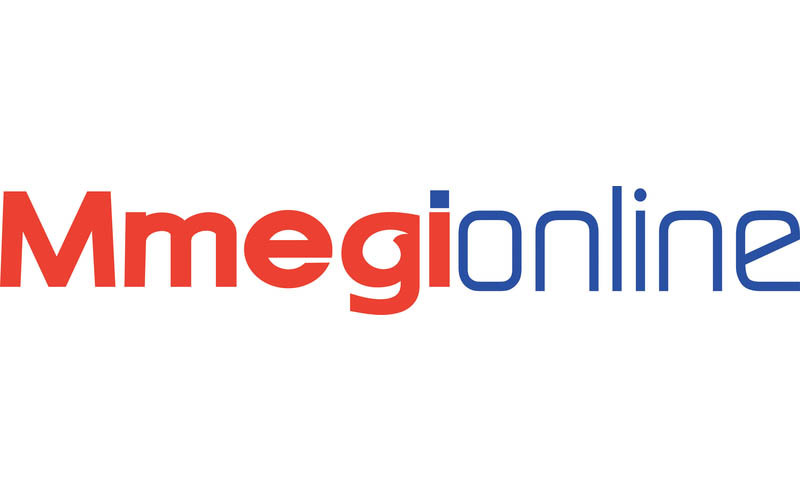Panic as Stanchart moves to sell retail division
Friday, November 29, 2024 | 1940 Views |

Trimming down: Standard Chartered has been a household name in the country for more than 100 years PIC: STANDARD CHARTERED BANK BOTSWANA FACEBOOK








